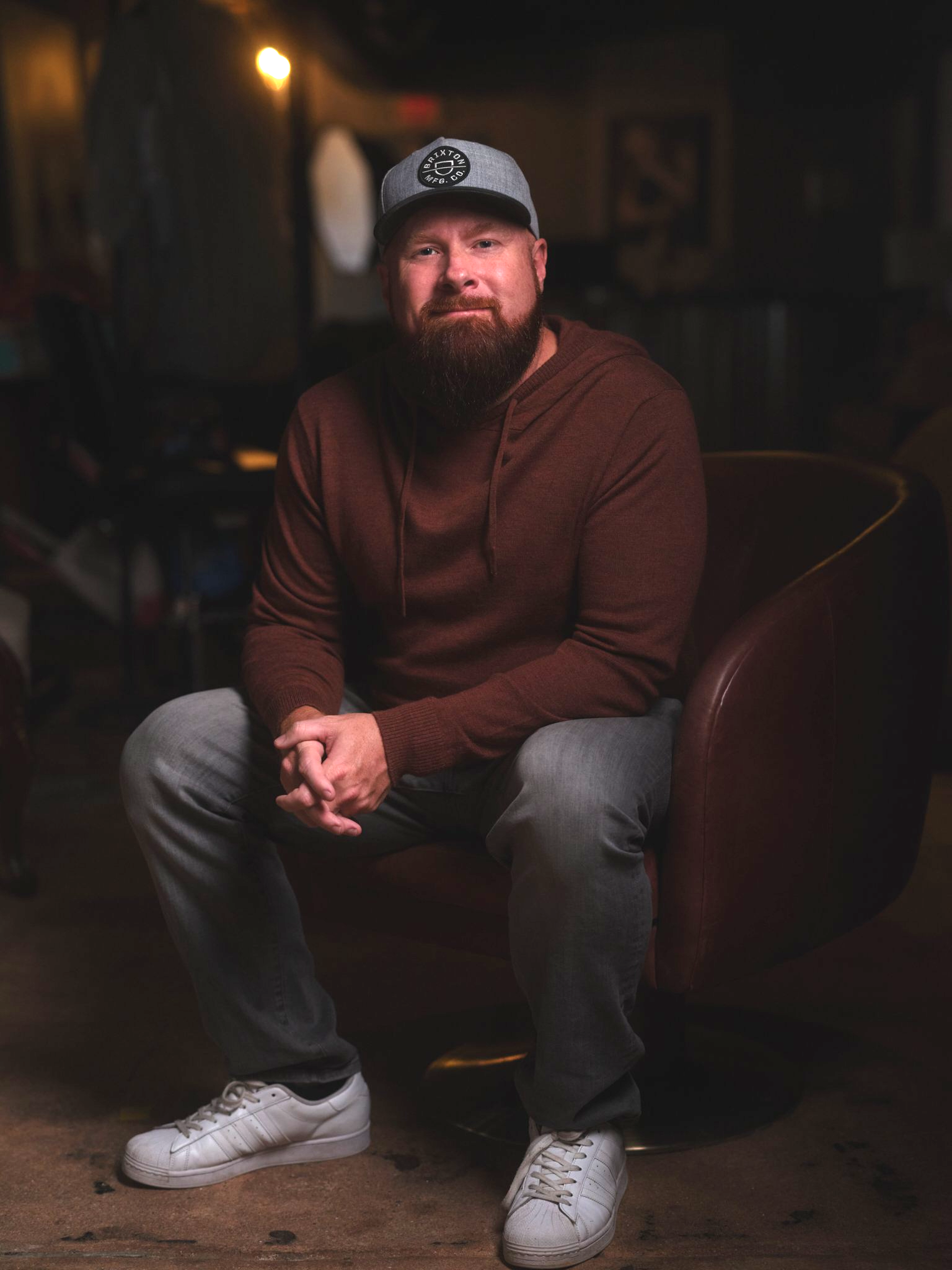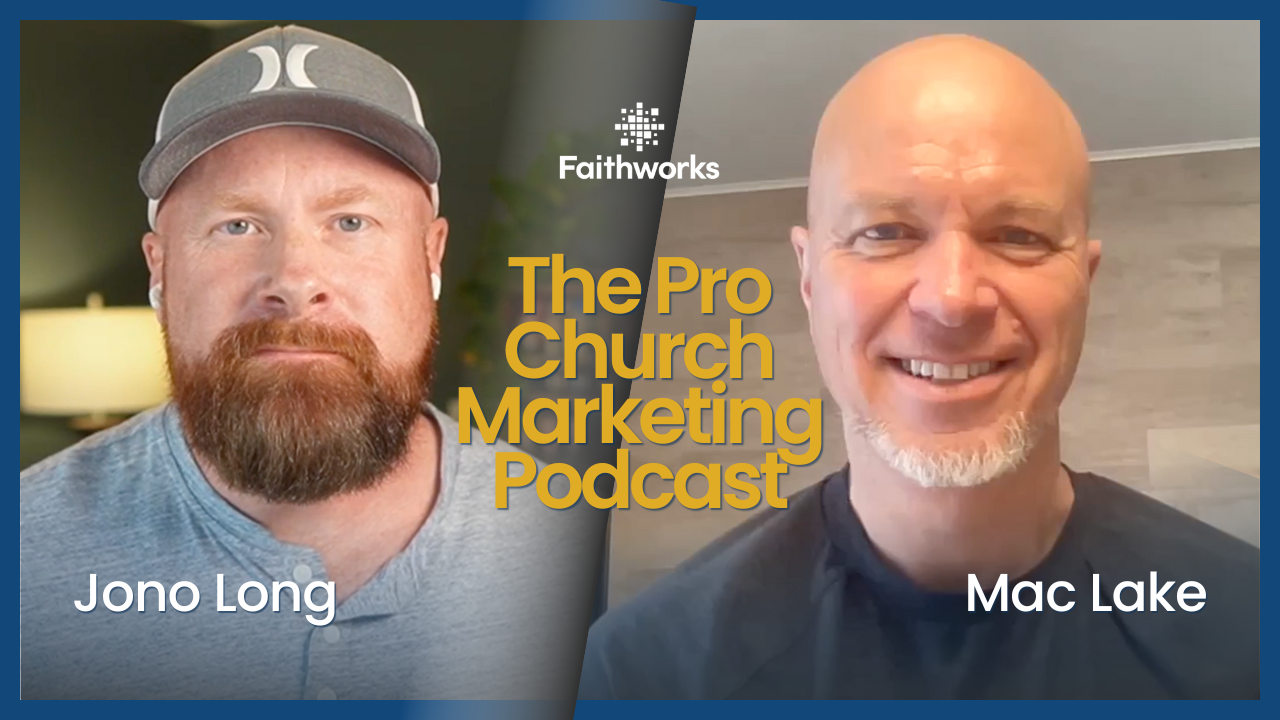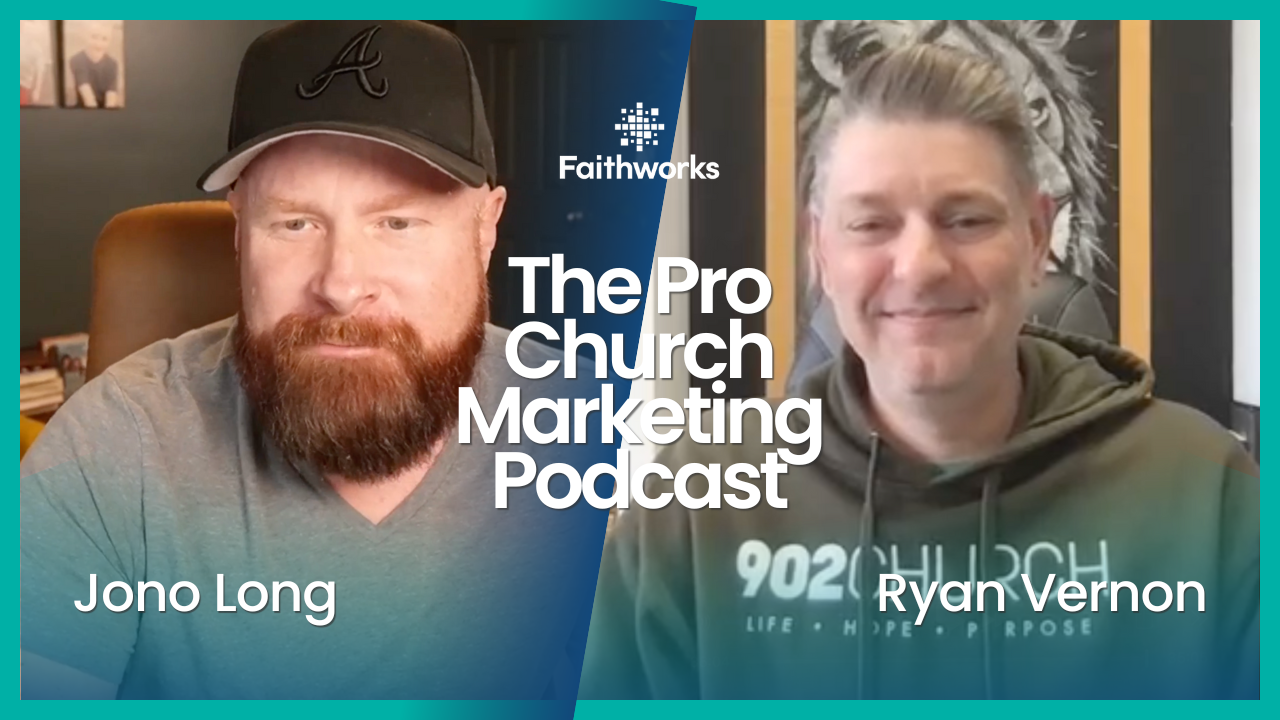Be Known Before You're Needed: Innovative Outreach Strategies for Churches
As churches navigate an ever-evolving cultural and technological landscape, reaching communities effectively requires innovation, intentionality, and an unwavering commitment to serving people where they are. In this episode of the Pro Church Marketing Podcast, host Jono Long sat down with Doug Garasic, pastor of Rust City Church in Ohio, to discuss what it means to truly impact communities in meaningful ways. Their conversation offered a wealth of insights for pastors and church leaders ready to embrace bold outreach strategies and sustainable growth.
The Foundation: “Known Before Needed”
One of the standout principles Doug shared is that churches must be “known before needed.” In times of personal crisis or pivotal life moments, people look to the church. Doug emphasized that making an impact requires consistent presence and visibility in the community. This visibility isn’t about flashy marketing or gimmicks—it’s about meeting tangible needs and building trust over time.
For example, Rust City Church moved beyond traditional outreach methods like backpack giveaways, which were already saturated in their area. Instead, they asked local schools what they truly needed. The answer? Support for teachers. The church transformed a school library into a spa day for faculty and staff, complete with massages, gift cards, and supplies. This disruption of expectations created a memorable and meaningful experience, leaving a lasting impression of care and support.
Building Outreach on Intentionality
A key takeaway from Doug’s story is the importance of intentionality. Churches must resist the urge to replicate what others are doing and instead focus on real community needs. Before launching an outreach effort, Rust City Church asks, “What’s not being done that needs to be done?” This intentional approach not only avoids redundancy but ensures their actions resonate with the people they serve.
One innovative example is their "Black Friday Survival Kit" initiative. Instead of focusing on shoppers, they provided lattes, snacks, and stress-relief items to mall employees working on the busiest day of the year. Simple yet impactful, this initiative highlighted the church’s creativity in identifying overlooked segments of the community.
Sustaining Momentum: Less is More
Doug highlighted the danger of burnout for both church leaders and members. To combat this, Rust City Church focuses on doing fewer events but executing them with greater impact. By choosing two to four key outreach initiatives annually and dedicating their full resources to them, they ensure each event is impactful, memorable, and sustainable.
Doug also shared an essential leadership principle: every successful initiative needs a “champion” within the congregation and an external “coach” for guidance. This dual structure helps churches maintain energy, focus, and excellence without overwhelming their teams.
Learning from Failures
Not every effort yields the desired results, as Doug candidly admitted. In one instance, Rust City Church gave away a fully remodeled home to a family in need, only to have the family sell the house within weeks. While disheartening, the experience reinforced the importance of learning from mistakes and seeking guidance from organizations with more experience in similar efforts.
“Cracking the code” of impactful outreach requires patience, trial, and humility. It’s about aligning passion with processes to create enduring change.
Marketing Beyond the Walls
For Doug, effective church marketing isn’t about flashy ads or exaggerated promises. He describes the dangers of “monster truck marketing”—overblown promotions that fail to deliver genuine impact. Instead, he advocates for sharing authentic stories of community engagement. By amplifying the meaningful work churches are already doing, they not only attract people but also build a reputation as a vital and trustworthy presence in the community.
Playing the Long Game
Doug’s advice for 2025 is clear: churches must embrace the long game. The goal isn’t to fill seats overnight but to create a culture of care and service that naturally attracts people when they’re ready for spiritual growth. As Doug puts it, “Even people who don’t attend our church should be glad we’re here.”
For pastors and leaders looking to make a deeper impact in their communities, the principles shared in this conversation offer a roadmap: be intentional, prioritize sustainability, embrace innovation, and always lead with love.

Latest Posts




© 2025 All Rights Reserved | Faithworks Marketing







